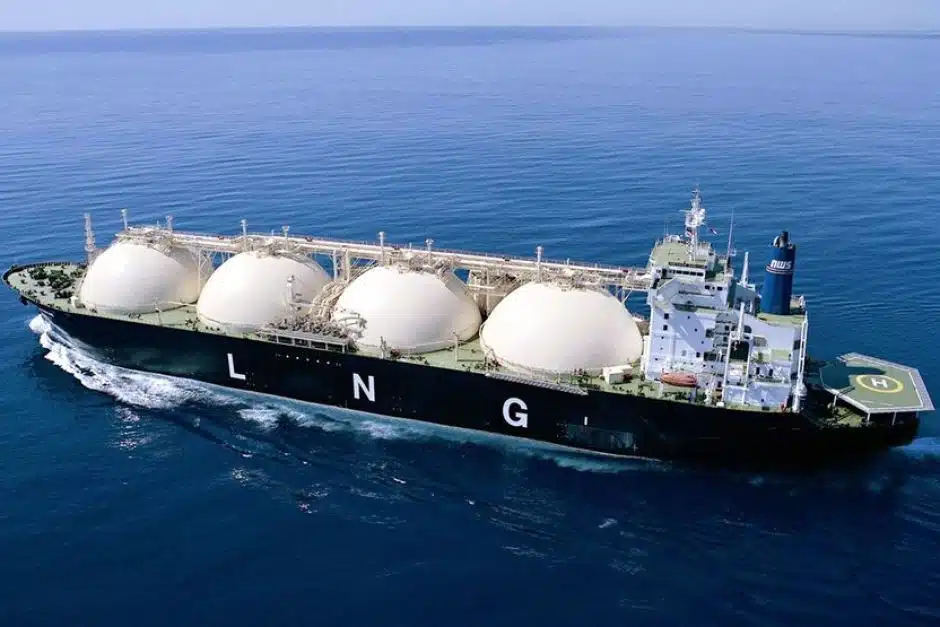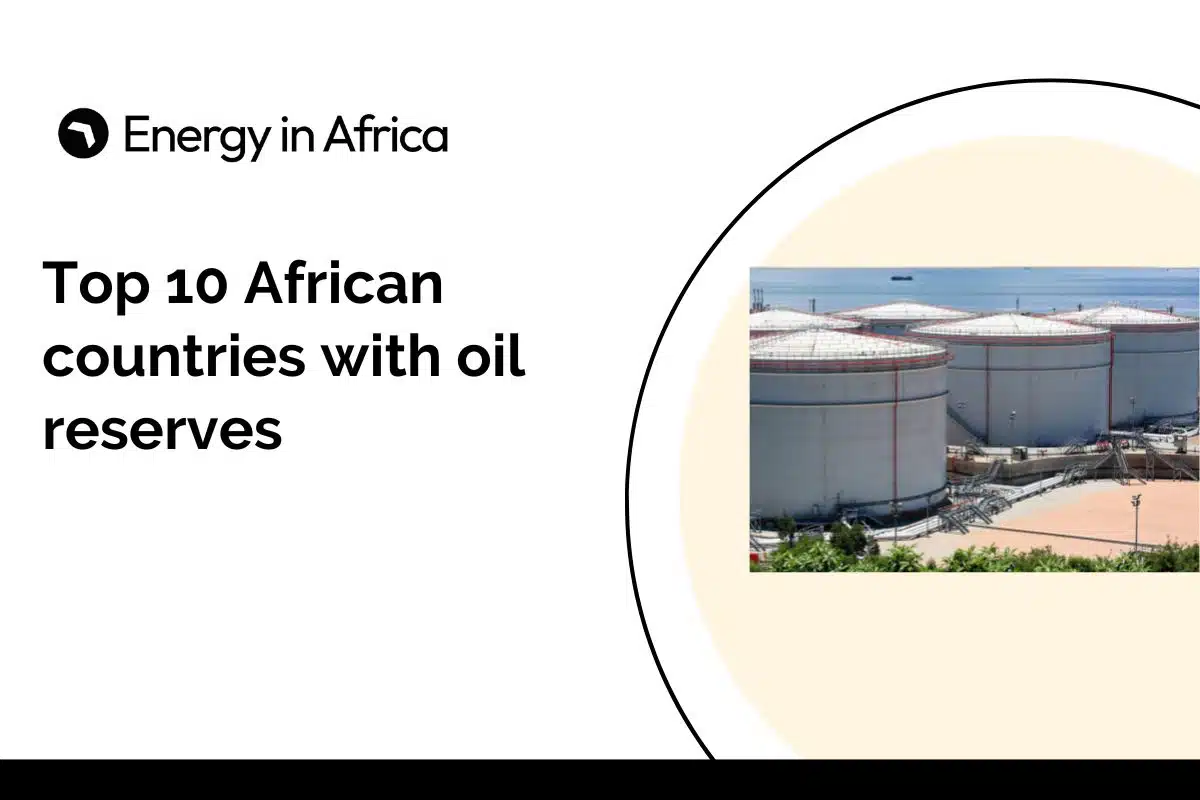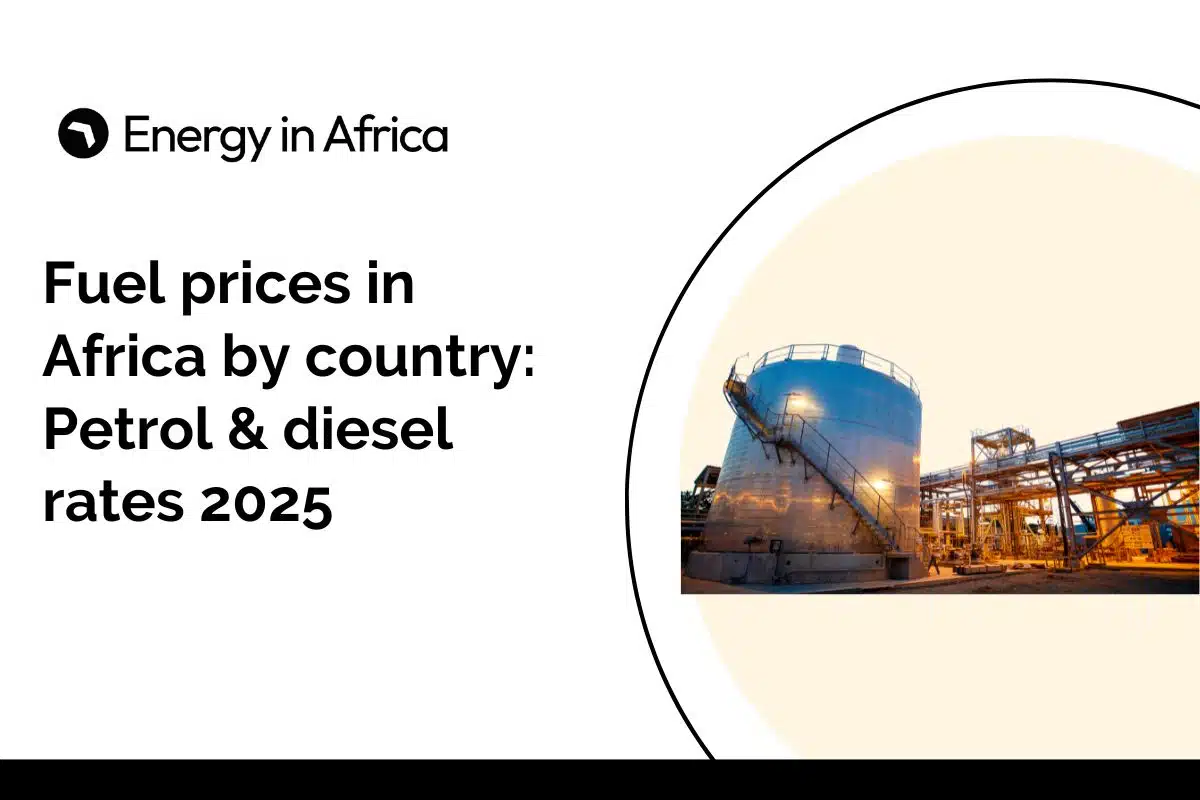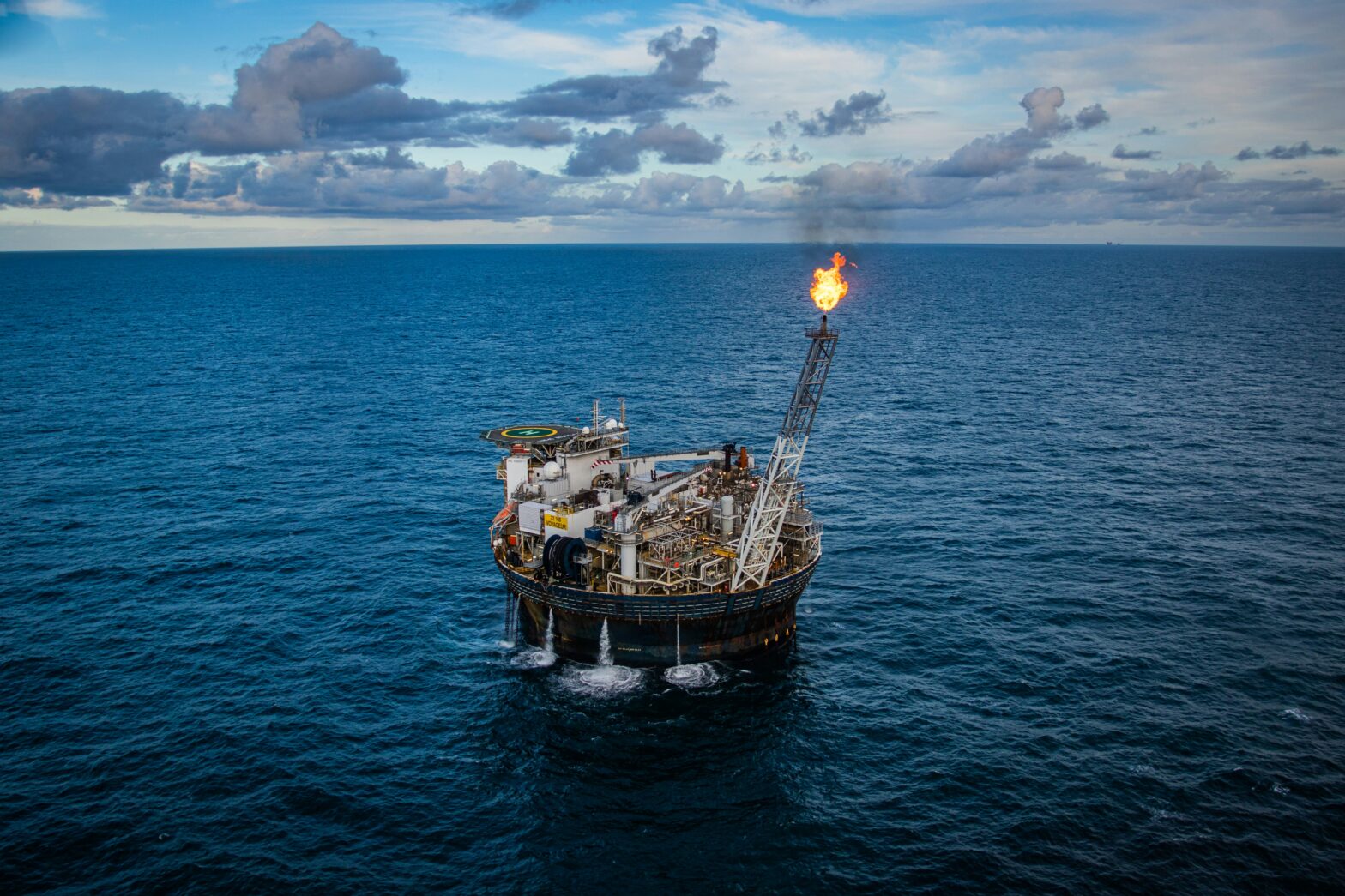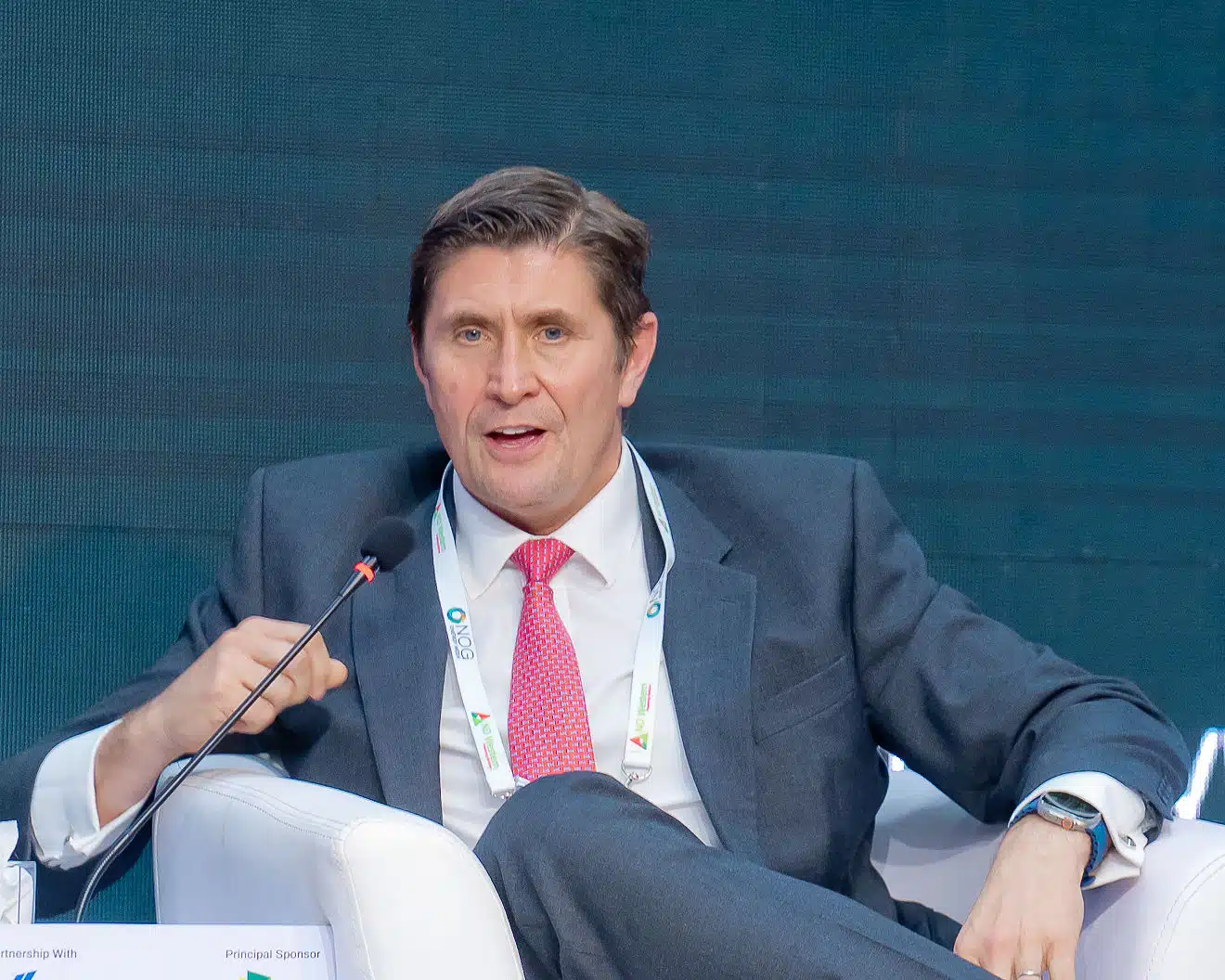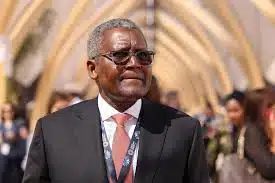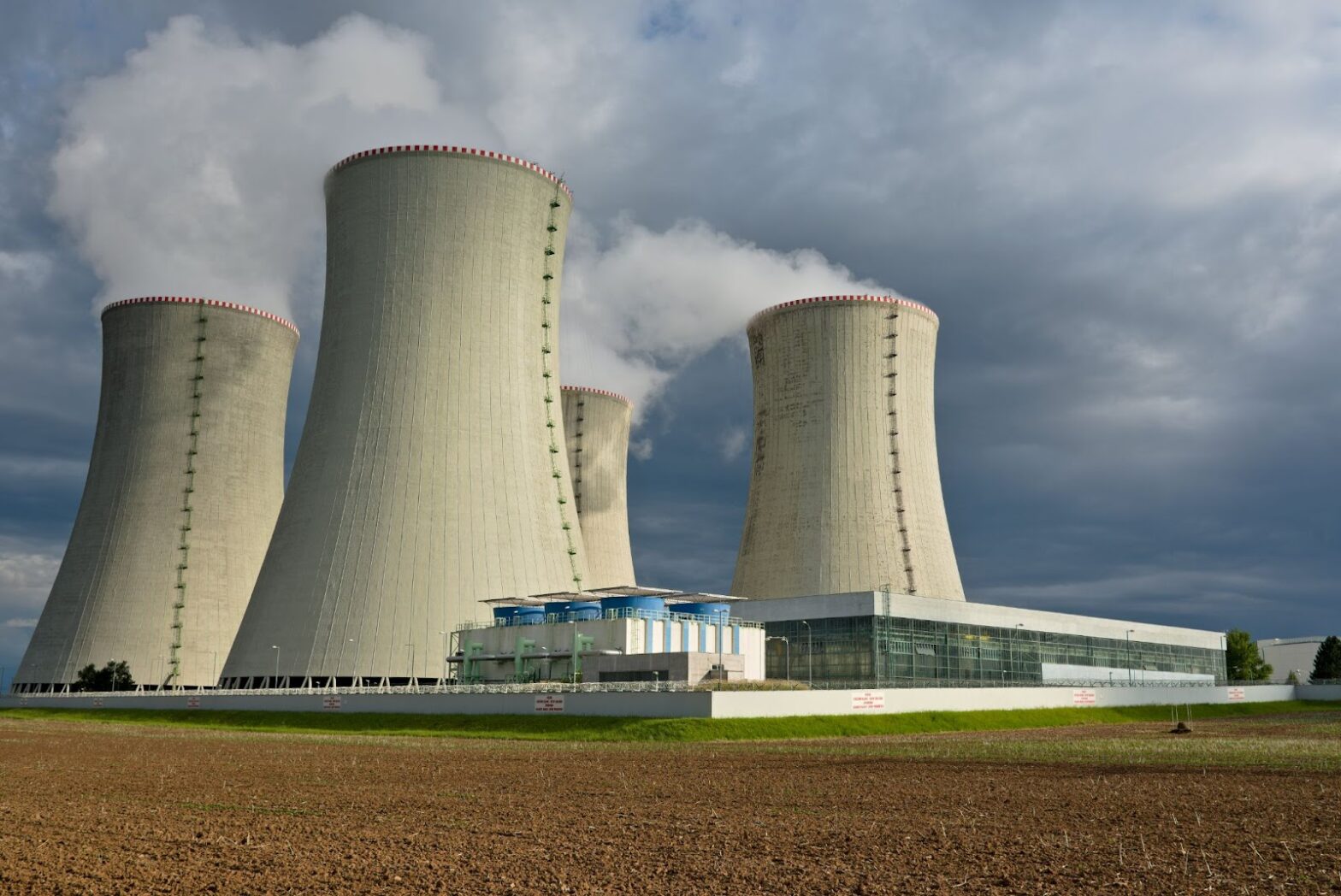Africa is no longer an afterthought in the global energy debate.
What was once considered a marginal source of fuel is now seen as a critical piece of the puzzle.
For Europe, African LNG (Liquefied Natural Gas) offers relief after the collapse of Russian supplies. For Asia, it provides insurance against disruption in the Middle East.
For African leaders, this surge in interest presents a dilemma: how to leverage LNG’s potential, attract global partners, and delicately balance the tension between fossil fuel development and the pursuit of sustainability.
LNG is more than a source of export revenue.
It has become a lever of diplomacy, a bargaining chip in investment negotiations and a test of whether African governments can turn natural resources into a strategic advantage.
These questions are front and centre at the upcoming FT Africa Summit in October, where policymakers, investors, and business leaders are examining how Africa’s gas boom can be turned into long-term advantage rather than short-term windfall.

LNG growth and opportunity
Across West and Southern Africa, new LNG projects are reshaping trade flows.
The Greater Tortue Ahmeyim development, on the Senegal-Mauritania, is set to deliver 2.5 million tonnes annually in its first phase, with expansion plans that could quadruple output in the coming years.
In Nigeria, the NLNG Train 7 expansion, a $5.7 billion project, will raise output by 35%.
Further south, Mozambique’s vast Rovuma basin, holding more than 100 trillion cubic feet of reserves, is coming back to life as TotalEnergies restarts its $20 billion LNG project with backing from international lenders.
These ventures place African exporters in direct competition with established producers such as Qatar, Australia and the United States.
Analysts believe the continent could command up to 10% of global LNG trade by 2030 if current projects materialise.
The opportunity comes with caveats: price volatility, security risks in Mozambique, and shifting climate policies.
The real challenge is not whether Africa’s gas can find buyers, but how today’s revenues can be turned into lasting resilience.
Much of that answer depends on infrastructure, the pipelines, ports and terminals that shape where energy flows.”
Pipelines, ports and power plays
Behind every LNG contract lies a question of infrastructure: influence comes from reserves and the ability to move energy through pipelines, ports, and terminals.
Nigeria’s Snake Island Port in Lagos, built within a free trade zone on 85 hectares, is beginning operations under a 45-year concession and is projected to draw in about $1 billion in foreign investment.
Morocco is advancing plans for a sprawling trans-Saharan gas pipeline, 7680 km long and estimated to cost $25 billion, that would connect fields in West Africa to Europe.
These projects double as a declaration of strategic intent. Global powers from Washington to Beijing are eager to finance and secure roles in this emerging infrastructure.
For African states, the stakes are clear: do these assets reinforce regional independence and cooperation, or deepen reliance on external powers?
Courting Africa’s energy future
Africa’s new energy corridors have become arenas of competition among the world’s major powers.
Washington has stepped in with nearly $5 billion in financing for LNG projects in Mozambique, positioning itself as both investor and security guarantor.
Brussels is actively courting North and West African producers through long-term gas supply agreements as part of its broader strategy to diversify away from Russian energy.
At the same time, Beijing, already entrenched through its Belt and Road Initiative, has channelled a record $39 billion into African energy and infrastructure projects in the first half of 2025.
Meanwhile, Gulf states led by Qatar to the UAE are moving quickly to secure positions in African LNG, expanding their investment portfolios and extending their influence.
For investors, this rush is about securing supply.
For African nations, it presents both opportunity and risk. Multiple suitors bring capital and technology, but they also threaten to divide the continent into spheres of influence.
This tension is one of the central themes at the FT Africa Summit: can African governments turn global rivalry into leverage for stronger terms, deeper regional integration, and greater local benefit—or will LNG reinforce familiar patterns where resources flow outward and control remains elsewhere?
Balancing today’s gains with tomorrow’s risks
Rising LNG revenues are delivering jobs, foreign currency, and fiscal relief to governments desperate for economic growth.
Yet these gains coincide with mounting environmental pressures that hit African nations particularly hard.
Coastal cities from Lagos to Maputo are already experiencing rising sea levels, while agricultural regions face increasingly severe droughts.
Meanwhile, over 600 million Africans still lack reliable electricity access.
Energy analysts describe this as a striking paradox: the continent most in need of clean, affordable power is expanding fossil fuel capacity just as global markets shift away from hydrocarbons.
Several African governments are attempting to navigate this challenge through what experts call “transition strategies.”
South Africa has secured international financing to modernise ports and rail infrastructure while simultaneously investing in renewable energy projects.
Kenya is advancing geothermal and wind developments alongside its petroleum initiatives.
Morocco has paired its natural gas pipeline ambitions with what ranks among the world’s largest solar energy programs.
The stakes ahead
Africa’s gas boom is emerging as a test case for the global energy transition.
Decisions made in Dakar, Maputo, Abuja, and Rabat will ripple outward to Brussels, Washington, and Beijing.
The paths diverge clearly: revenues invested in infrastructure and renewables could move Africa to the centre of the new energy order, while failure to do so risks reinforcing dependency and missing a critical moment of opportunity.
Demand for African gas is strong today, but markets are shifting fast.
Economists argue that how governments balance immediate revenue with long-term transition risks will determine whether this boom becomes a springboard for sustainable growth — or another missed chapter in the development story.
Submitted by Grace Opara. Grace is a Lagos-based writer who covers business, finance, energy, and economic development across Africa.

